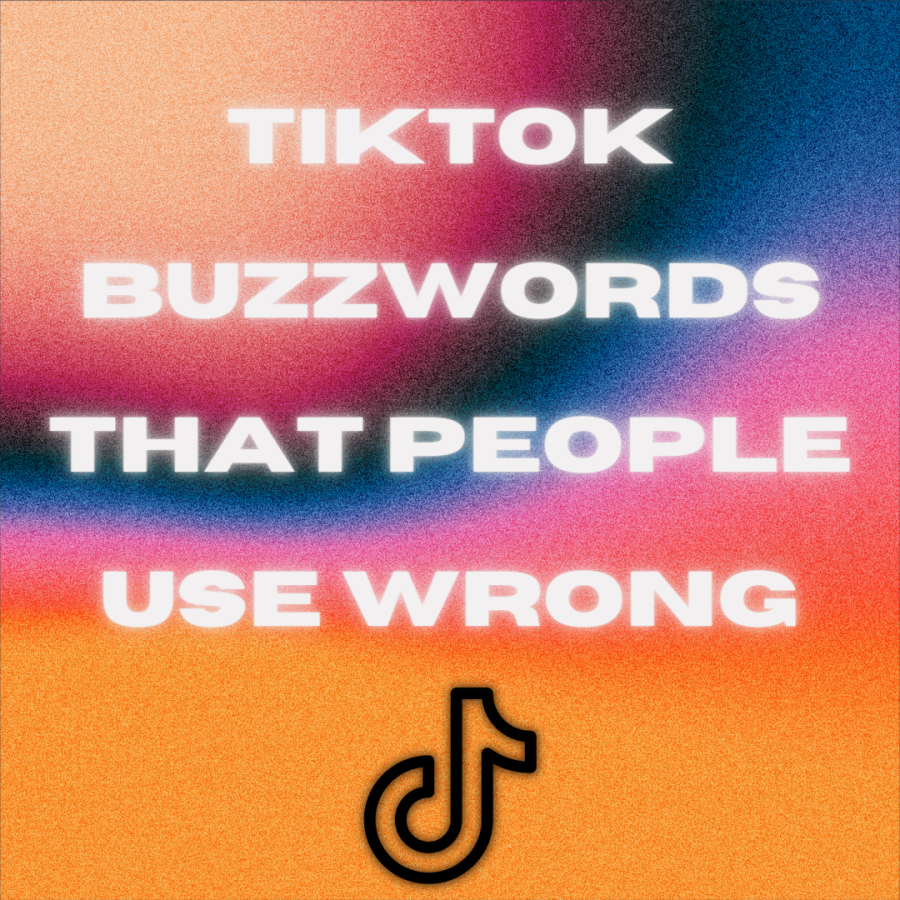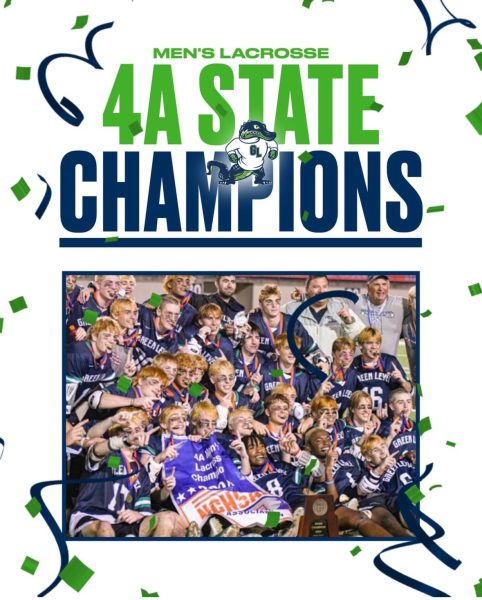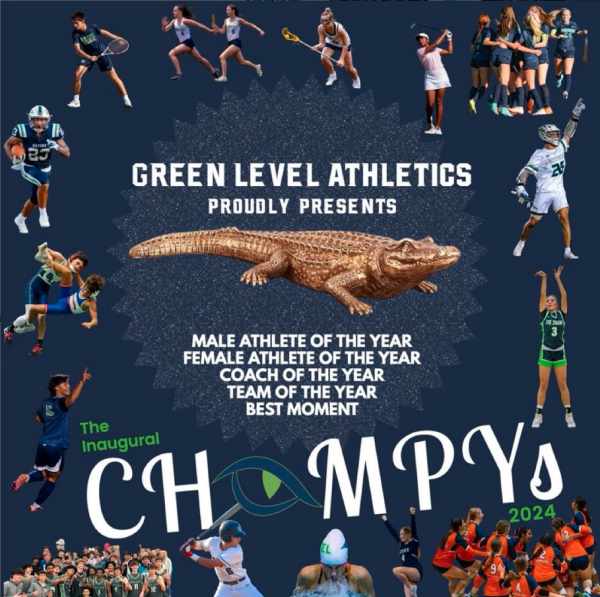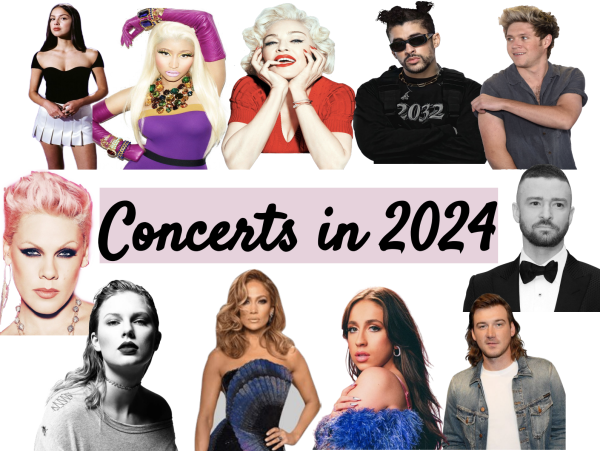TikTok Buzzwords That People Use Wrong
TikTok’s Own Language?
The social media platform known as Tiktok is notorious for influencing its users in a plethora of ways. Trends on this application can have people listening to new music, dressing unconventionally, doing dangerous challenges, and even speaking in an entirely new way. TikTok users have developed their own subculture with unique slang and distinct new words, and have also been known to assign existing words different meanings. Sometimes, these words with new meanings are used around people who don’t use TikTok. This causes a lot of confusion and even hostility, especially because many of these words have original meanings that are particularly sensitive. This cultural gap in language cultivated by TikTok is remarkable, and to be a more informed citizen, learning alternative meanings to words you thought you knew is a good idea.
Most Commonly Misused Terms Stemming From TikTok Slang
Gaslight: The Oxford Languages definition of ‘gaslight’ is to “manipulate (someone) using psychological methods into questioning their own sanity or powers of reasoning.” This word often shows up when people are talking about mental or emotional abuse they have suffered at the hands of a partner, parent, friend, etc. Though, many TikTok users have discarded the word’s true meaning and used it in a way that is synonymous with ‘lie’. This is causing the word ‘gaslight’ to be overused to the point where it doesn’t have as heavy of a definition, even in cases where this definition is necessary to convey the gravity of a situation.
Nuance: The Oxford Languages definition of ‘nuance’ is “a subtle difference in or shade of meaning, expression, or sound.” For example, we can use our body language to communicate the many nuances, or subtle differences, of our emotions. Though, TikTok users have taken this word and run with it during a trend that emerged on the app in November of 2020. “No Nuance November” was the name of the craze where users would make TikToks sharing their hot takes, usually political, with no context. This trend caused the word ‘nuance’ to become popularized among the younger generation for the first time, and the nature of the “no context” notion of the trend caused many to believe the word to be synonymous with ‘explanation’.
Blaccent: The most popular Urban Dictionary definition of ‘blaccent’ is “A distinctive manner of speech, pitch or tone particular to African Amerian urban inner city youth.” The word is often used on TikTok to call out nonblack people for using this manner of speech in a mocking way. As all things do on this app, the use of the word has gone a bit far, often being confused with using slang, or using AAVE (African American Vernacular English). AAVE is the dialect spoken in “urban communities, by most working- and middle-class African Americans and some Black Canadians.” This isn’t to be confused with a ‘blaccent’, which is what it sounds like: an accent. This is not the same thing as the AAVE dialect (a particular form of a language that is particular to a specific region or social group), or popular slang that is contributed to by Americans of all different backgrounds.
Baka: ‘Baka’ (馬鹿) is the Japanese word for idiot, fool, and stupid. The number of users on TikTok that are fans of anime is large, and it’s no wonder that some Japanese words have made their way into TikTok lingo. Popular audios on the app contain the word ‘baka’, causing users to adopt the word into their everyday vocabularies. Though, individuals on the app have been using the word less as an insult and more as a term of endearment, which does contradict the word’s real meaning.
Valid: The Oxford Languages definition of ‘valid’ is “(of an argument or point) having a sound basis in logic or fact; reasonable or cogent.” This word has taken on a whole new meaning on TikTok, often used to compliment someone’s outfit or appearance. Due to the amount of political discourse on the app, ‘valid’ is still sometimes used with its original meaning, but is also used as a slang term in different contexts such as fashion.
Gatekeep: The Wikipedia definition of ‘gatekeeper’ is “a person who controls access to something, for example via a city gate or bouncer, or more abstractly, controls who is granted access to a category or status.” People on TikTok use the word to describe when someone ‘gatekeeps’ a particular interest, often a relatively popular one. In this context, when someone ‘gatekeeps’ something, they are acting like they are the only ones entitled to know about it or enjoy it and often withhold information about the subject. This could apply to a band, a TV show, a sense of style, etc. This isn’t necessarily an incorrect use of the word but rather a more figurative interpretation. The word ‘gatekeep’ was originally meant to be used more literally, such as to describe a situation in which someone is actually keeping a gate, but on TikTok, its use is more metaphorical.
Trigger: The Oxford Languages definition of ‘trigger’ is to “cause (an event or situation) to happen or exist.” TikTok users use this word very often, usually to provide ‘trigger warnings’ on their videos to warn of potentially sensitive content that could be harmful or ‘triggering’ to some users. Trigger warnings are provided when videos mention topics such as assault, or self-harm, or have strobing lights that could affect photosensitive individuals. Where this word is often misused though, is when ‘a trigger’ is used to describe any sort of negative experience that evokes unpleasant feelings in an individual. While this use technically fits the textbook definition, it discards the heavy and important connotations surrounding the word.
Simp: According to CNN, the internet definition of ‘simp’ is “slang for a person (typically a man) who is desperate for the attention and affection of someone else (typically a woman)”. Even though this definition did come about on the internet, the word has been further misconstrued to the point where people use ‘simp’ to describe any man who is kind to a woman. For example, a man will buy his girlfriend something nice and perhaps post about it on TikTok, only to be met with comments calling him a ‘simp’. This use of the word implies that men cannot do anything nice for women without being desperate and wanting something more, and actually has negative impacts on the socialization of young men.
What This Means About Language
Some may argue that these alternative uses of words and entirely new slang words are just simply incorrect and will never become part of the dominant culture. Others are more open to the nature of language being ever-evolving and progressing with the times. This ‘TikTok language’ speaks to how our society functions with newer technologies and the Internet bringing us all closer than ever before, and provides an interesting perspective on how language fluctuates depending on the time period we live in.

Regan is a senior and this is her second year being part of the Gator's Eye. In her free time, she enjoys writing (of course), spending time with friends,...













